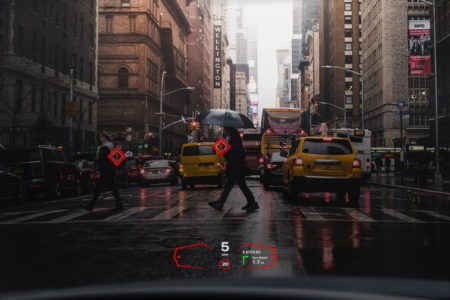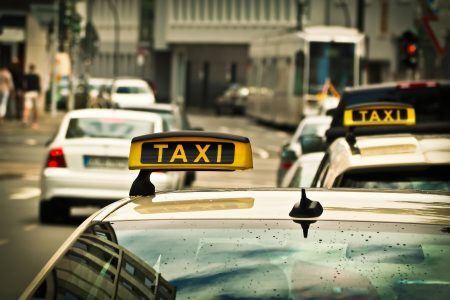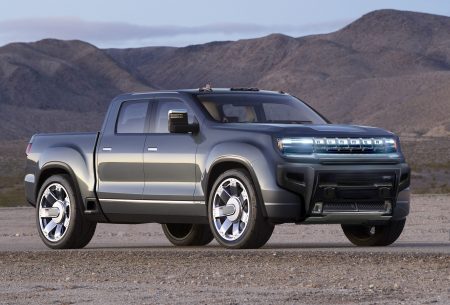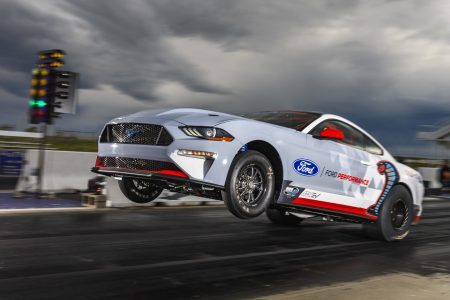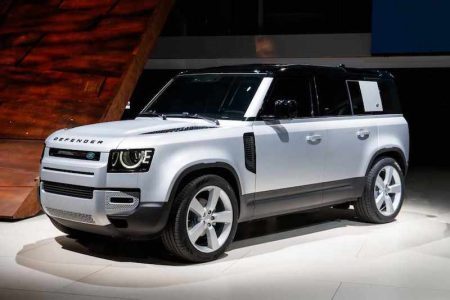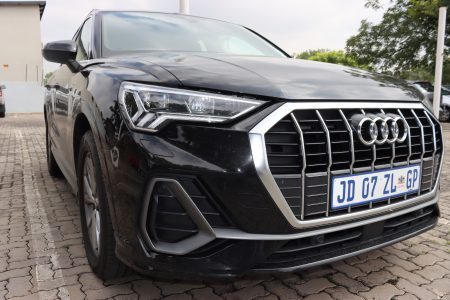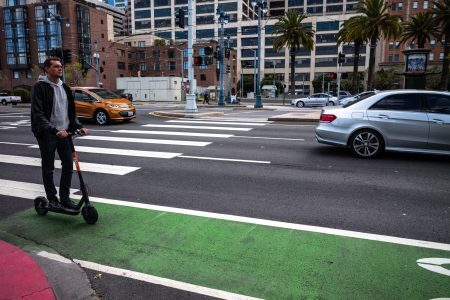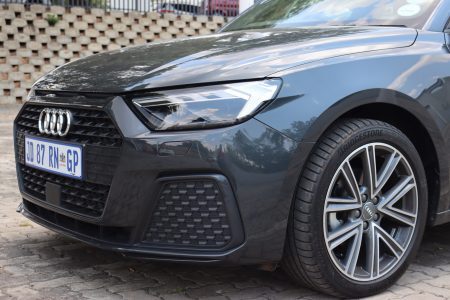We’ll be the first to admit that we weren’t all that excited by the prospect of augmented reality popping up…
Browsing: motoring
Everyone wants to be the first to create a self-driving car, and there are a few of them out there.…
There are two ways to drive a 4×4. There’s the right way, which means to take it off-road to some…
Having recently driven in an EV car for the first time, I now understand the hype. The torque, the silence…
We’ve already take a look at Ford’s absurdly-named Mustang Cobra Jet 1400, a 1,400kW electric vehicle the American auto-maker claims…
Honestly, the world would’ve been one badass offroader poorer if Land Rover didn’t go ahead and announce the beastly 2020…
The Land Rover Defender has been reborn as a mainstream model for the global market — think the capability from…
To paraphrase Dre, a giant doesn’t have to move unless its provoked. Rolling up sirens blaring is a sure way to get noticed but people will know you’re a kid. Roll up in Audi’s Q3 35 TFSI S Tronic and people are still going to notice — all the more because you don’t have to call attention to yourself.
Mobility technology is more than just autonomous vehicles, ride hailing and e-scooters and e-bikes. It also includes: electrification (electric vehicles, charging/batteries); fleet management and connectivity (connectivity, data management, cybersecurity, parking, fleet management); auto commerce (car sharing); transportation logistics (freight, last-mile delivery); and urban air mobility.
Do you really need Audi’s refreshed and sporty new A1? Heck no, it’s a luxury car, albeit an entry level one. Nobody needs a luxury car, no matter what the salesman wants you to believe. Do you really want one? That’s affirmative, Red Leader.

